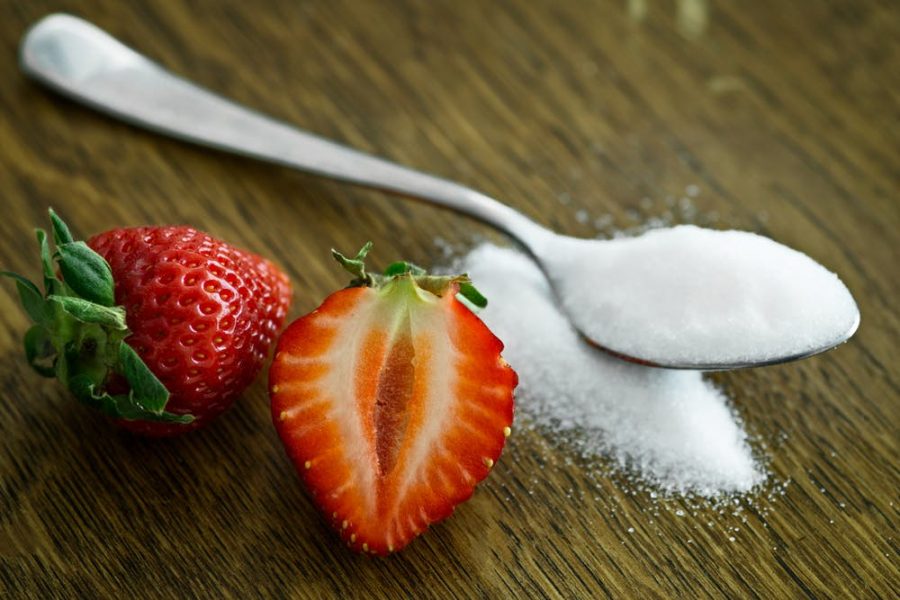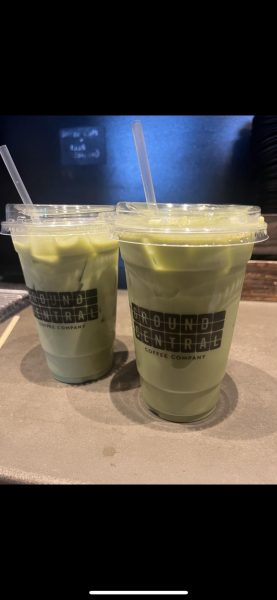How Much Sugar Is “Less Sugar”?
People who are eating healthier normally pick drinks that are labeled with having lower or less sugar. Even though products claim to have less sugar, labels can be misleading. Some of the drinks claiming to be lower in sugar actually have more sugar than drinks that are not labeled as such.
The Center for Disease Control (CDC) says that added sugars are sugars and syrups that are added to foods when they are processed or prepared. Some added sugars include brown sugar, corn sweetener, corn syrup, dextrose, fructose, glucose, high-fructose corn syrup, honey, lactose, malt syrup, maltose, molasses, raw sugar, and sucrose. The amount of added sugar that a person should intake varies on a person’s age, gender, race, and ethnicity.
Sugar sweetened beverages are beverages that have added sugars in them. Too many sugar sweetened drinks can lead to weight gain/obesity, type-2 diabetes, heart disease, kidney diseases, non-alcoholic liver disease, tooth decay and cavities, and gout, which is a type of arthritis.
Drinks that are labeled with having less sugar may sound like a better option, but, in reality, they could have just as much as a drink without the label.
According to The New York Times, Honest Tea, which is owned by Coca-Cola, has an iced tea labeled “Just a tad sweet,” but it actually contains 25 grams of sugar, which is equal to six teaspoons of table sugar.
Other studies show that sports drinks, energy drinks, teas, and coffee drinks labeled with having less sugar in them had almost 17 percent more sugar than beverages that did not make such claims.
Something else that people need to look at is the serving size. When people look at the nutrition label, they usually just look at the calories, but the serving size is very important. Some serving sizes could range from the entire bottle, to half the bottle, to even just eight ounces.
There have been cases brought to court because of this issue. Kellogg agreed to pay 20 million dollars to settle a lawsuit because it claimed some of its cereals to be “heart healthy” and “lightly sweetened.” Cliff Bar, Mondelez, General Mills, Whole Foods, Jamba Juice, and Post Foods, have also faced lawsuits because of this.
In the early 1990s, the Food and Drug Administration (FDA) ruled that all companies could advertise on having low fat, cholesterol, calories, and sodium if the amount of those nutrients in their products met certain requirements, but sugar never had a requirement because there were at that point no real scientific claims about daily sugar intake.
People should really look at the entire nutrition label before they buy foods because things are not changing, and it is up to the individual to see what added sugars, sodium, fats, and chemicals one really is intaking.

I am a member of the Class of 2023. In my free time, I enjoy handing out at home with my family and friends.






















